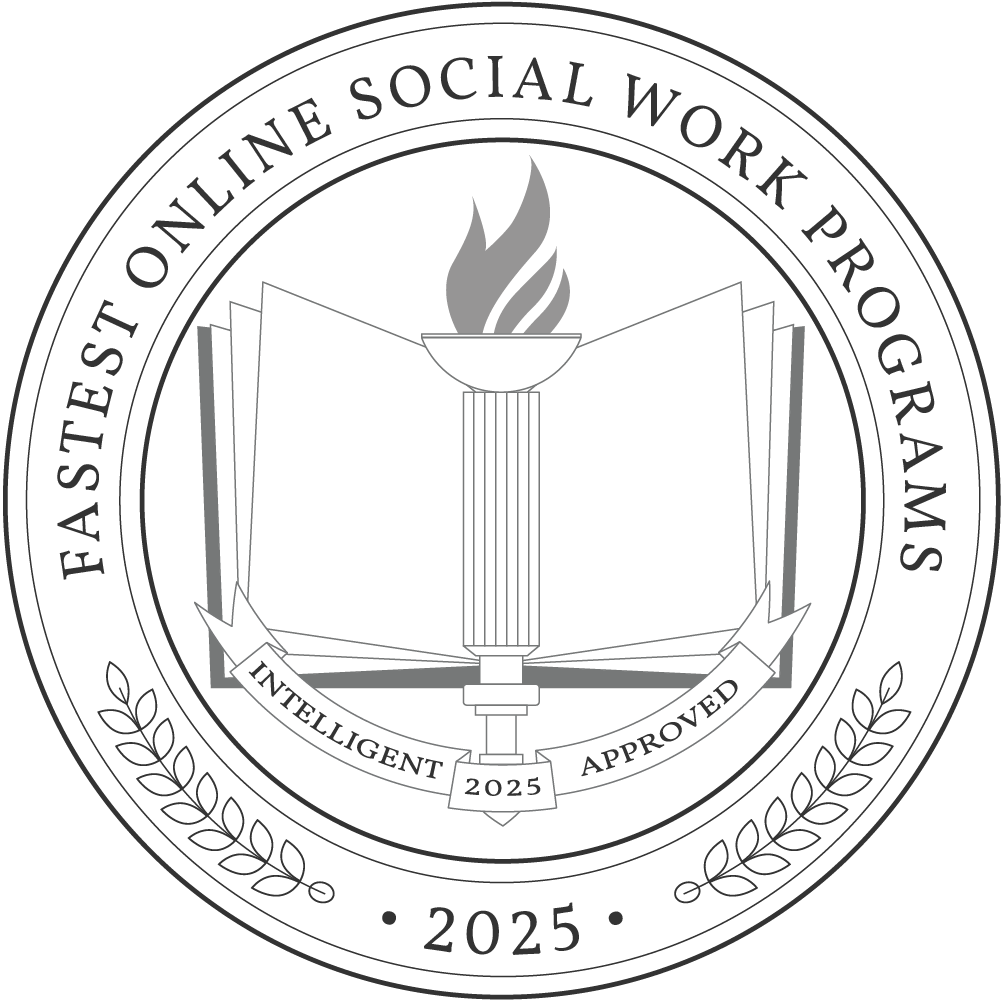According to the U.S. Bureau of Labor Statistics, the need for social workers will increase faster than most fields over the next decade, with nearly 64,000 new social workers needed to meet demand by 2032. If you’ve been considering a career in social work, now is an excellent time to earn your Bachelor of Social Work (BSW) so you can take advantage of this employment trend.
Students must complete a minimum of 120 credits to earn their BSW. In traditional BSW degree programs, this translates to four years of full-time study for students with no prior college experience. However, students can finish their BSW in less time through accelerated programs, transfer credits, and other methods.
This article explores ways to fast-track your social work educational experience so you can begin your professional career sooner. Leslie Reyna, an admissions counselor for the University of Texas at Arlington’s School of Social Work, also provides expert guidance on what career paths are available to those with a BSW and how to choose the fastest online social work program that’s right for you.
How Do Accelerated Degree Programs Work?
A BSW requires a minimum of 120 credits, which students typically earn over four years of full-time study.
An accelerated program works by condensing class material into a shorter period. While most college classes last 14-16 weeks, accelerated program classes may take 5-10 weeks to complete.
Some programs accomplish this by building their curriculum around competency-based education methods. In these programs, students progress through courses at their own pace, passing classes and moving on based on when they show their mastery of the material, not a predetermined schedule. Competency-based education is more accessible in online programs, since students can complete lessons and assignments based on their own timetable.
Other programs accelerate learning by increasing course loads each term. Where students in traditional BSW programs may take 4-5 classes each term, students in accelerated programs may take six or seven courses each term.
Because they must complete the same amount of coursework as students in traditional BSW programs, students should be prepared for intensive classwork and study if they enroll in an accelerated program. Students in accelerated programs are expected to master skills and concepts faster, and there may be less time for breaks between courses.
Reyna urges students considering an accelerated program to think about what they can manage with their current responsibilities. “While a full-time student in a traditional program might also be able to hold down a full-time or part-time job or have family responsibilities like young children, it would be challenging to manage these responsibilities, and the extensive study needs of an accelerated program,” she says.
Why Trust Us
The Intelligent.com Higher Education Team is dedicated to providing students with independent, equitable school and program rankings and well-researched resources. Our expert-driven articles cover topics related to online colleges and programs, paying for school, and career outlooks. We use data from the U.S. Department of Education’s College Scorecard, the National Center for Education Statistics, and other reputable educational and professional organizations. Our academic advisory team reviews content and verifies accuracy throughout the year for the most current information. Partnerships do not influence rankings or editorial decisions.
- Analyzed over 2,000 national, accredited, and nonprofit colleges and universities
- 800+ rankings pages are reviewed and updated yearly
- Content is informed by reputable sources, surveys, and interviews with academic advisors and other experts
- Over 100 data points are reviewed for accuracy and quality throughout the year, including sources
How we rank schools
Our list features the best online Social Work degree programs at top colleges nationwide. Each school featured is a nonprofit, accredited institution — either public or private — with a high standard of academic quality for post-secondary institutions.
We evaluated each school’s program on tuition costs, admission, retention and graduation rates, faculty, reputation, and the student resources provided for online students. We collected data from trusted sources like the National Center for Education Statistics, individual school and program websites, school admissions counselors, and other data sources. Then, we calculated the Intelligent Score on a scale of 0 to 100 based on the following criterion:
Academic Quality:
- Admission rate versus enrollment rate
- Retention rate of students who return after year one
- Accreditation status (regional and programmatic)
- Nonprofit status, both private and public institutions
Graduation Rate
- Overall graduation rate
- Total number of currently enrolled students, including diversity metrics
- Student-to-faculty ratio
Cost and ROI
- In-state and out-of-state per-credit tuition rates and fees
- Required credits to graduate
- Earning potential after graduation
- Availability of federal student loans, scholarships, and other financial aid options
Student Resources
- Available student services for online-only and hybrid programs
- On-campus amenities like tutoring centers and the number of libraries
Read more about our ranking methodology.
Fastest 25 Online Social Work Programs
FiltersInstitution Type
Status
- Intelligent Score
- Alphabetically By University Name
- Acceptance Rate
- Enrollment
- In-state Graduate Tuition
- Out-of-state Graduate Tuition
- In-state Undergraduate Tuition
- Out-of-state Undergraduate Tuition

Columbia School of Social Work
Intelligent Score: 99.24In-state: $57,864
Out-of-state: $57,864
In-state: $49,024
Out-of-state: $49,024
SAT: 1460-1570
ACT: 33-35
$1,854
Online, On-Campus
Council on Social Work Education
33-60
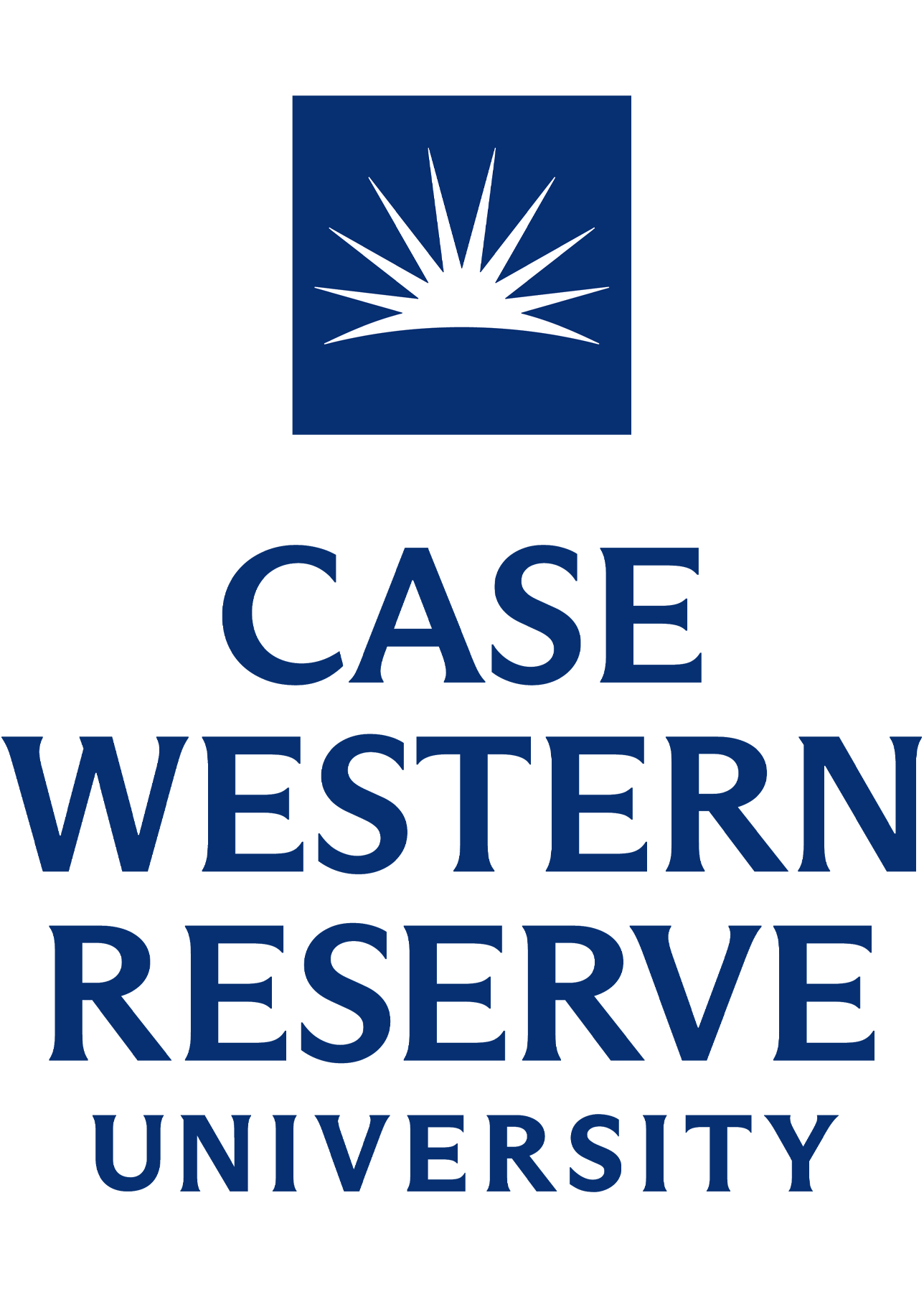
Case Western Reserve University
Intelligent Score: 97.71In-state: $52,448
Out-of-state: $52,448
In-state: $47,920
Out-of-state: $47,920
SAT: 1340-1520
ACT: 31-34
$1,650
Online, On-Campus
Council on Social Work Education
39-60

University of Southern California
Intelligent Score: 96.32In-state: $59,260
Out-of-state: $59,260
In-state: $47,880
Out-of-state: $47,880
SAT: 1340-1530
ACT: 30-34
$2,137
Online, On-Campus
Council on Social Work Education
24-48

Boston University
Intelligent Score: 93.94In-state: $56,854
Out-of-state: $56,854
In-state: $56,854
Out-of-state: $56,854
SAT: 1310-1500
ACT: 30-34
$956
Online, On-Campus, Blended
Council on Social Work Education
40-65

Fordham University
Intelligent Score: 92.28In-state: $54,730
Out-of-state: $54,730
In-state: $23,112
Out-of-state: $23,112
SAT: 1230-1410
ACT: 27-32
$1,045
Online, On-Campus
Council on Social Work Education
31-62

Indiana University
Intelligent Score: 91.10In-state: $9,815
Out-of-state: $36,194
In-state: $9,786
Out-of-state: $9,786
SAT: 1120-1350
ACT: 24-31
In-State: $624
Out-of-State: $741
Online, On-Campus
Council on Social Work Education
60
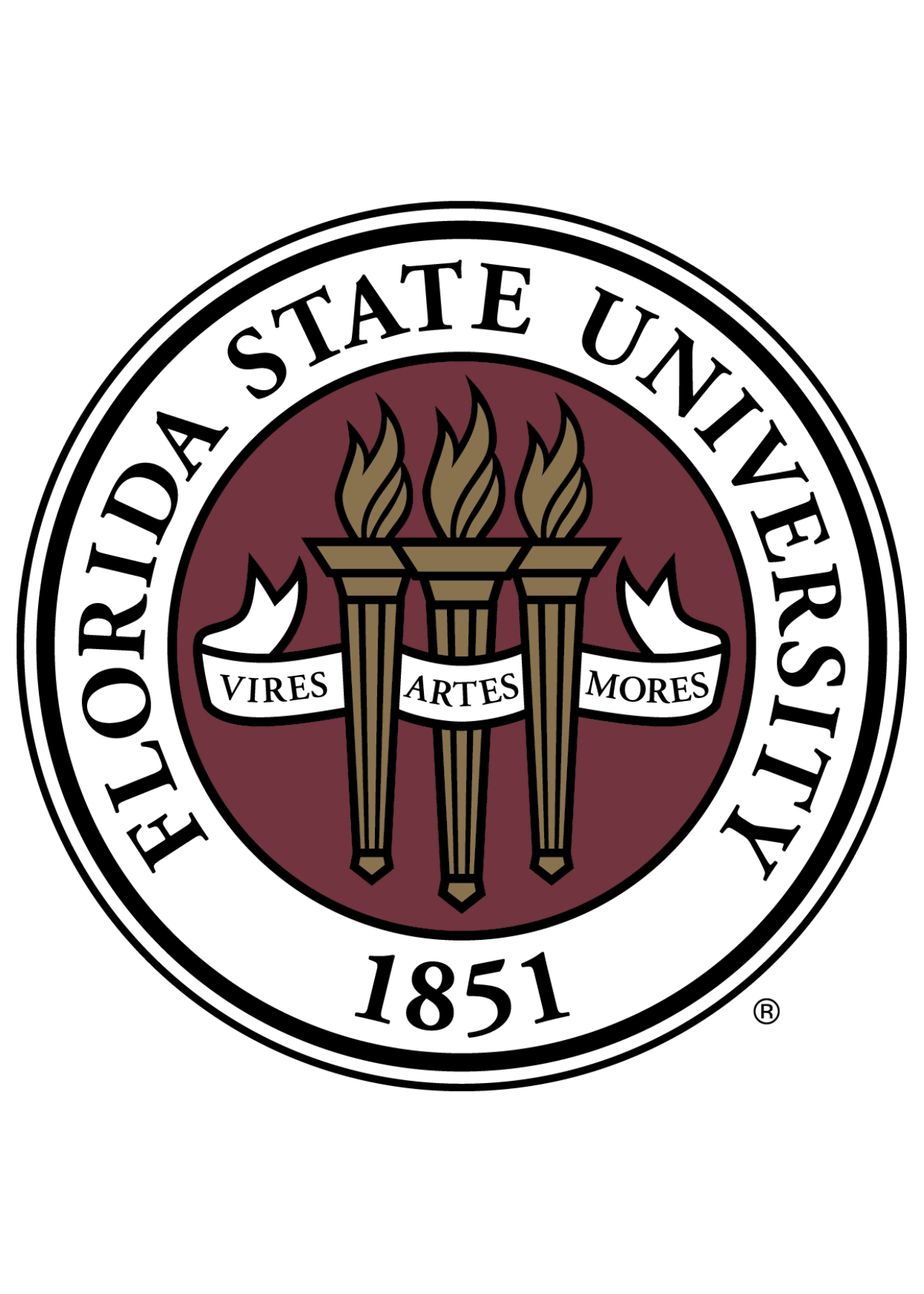
Florida State University
Intelligent Score: 90.58In-state: $4,640
Out-of-state: $19,084
In-state: $9,684
Out-of-state: $9,684
SAT: 1220-1350
ACT: 27-31
In-State: $444
Out-of-State: $625
Online, On-Campus
Council on Social Work Education
39-61

University of Central Florida
Intelligent Score: 90.16In-state: $4,478
Out-of-state: $19,810
In-state: $6,916
Out-of-state: $6,916
SAT: 1160-1340
ACT: 25-30
$487
Online, On-Campus
Council on Social Work Education
32-62
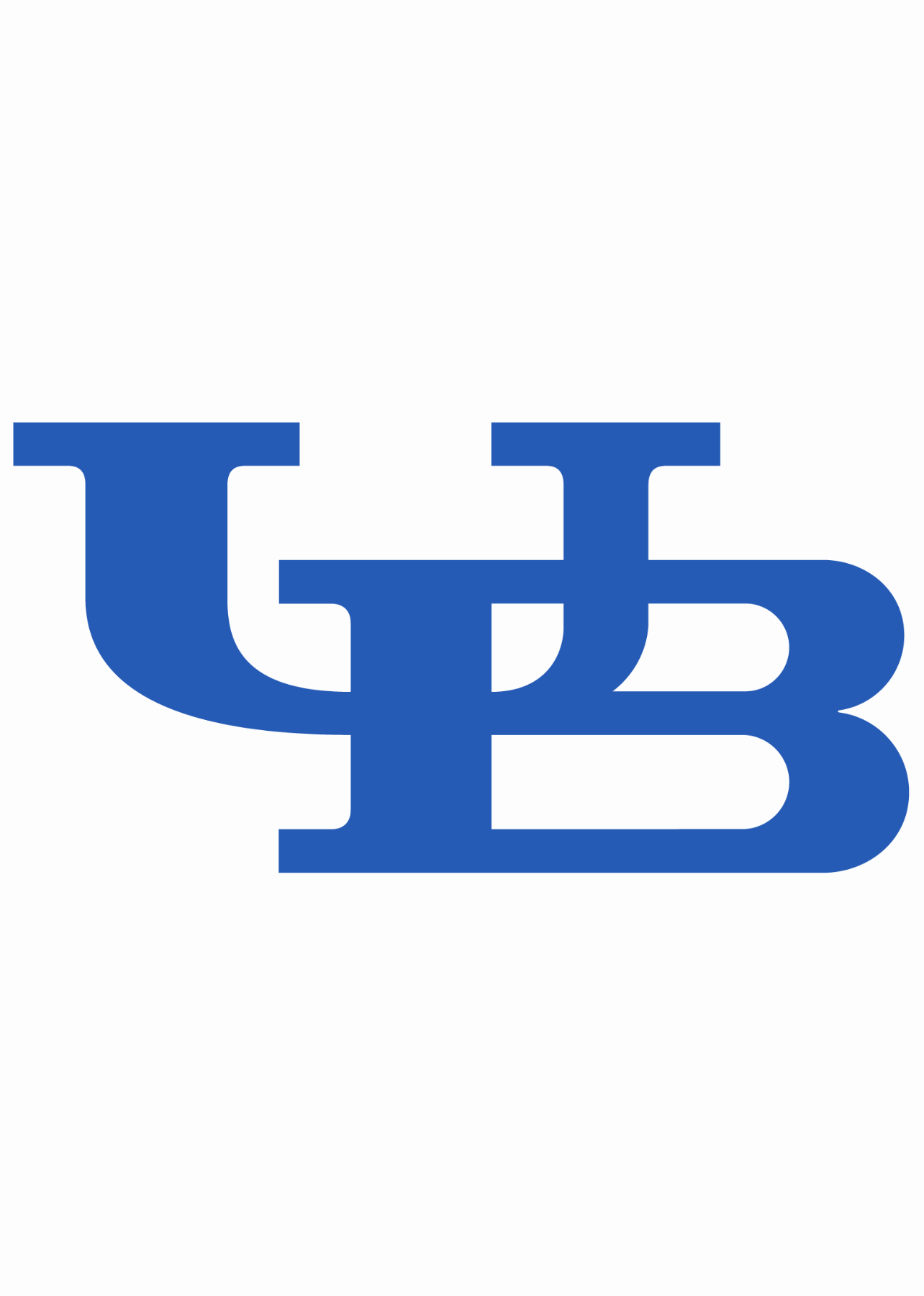
UB School of Social Work
Intelligent Score: 89.42In-state: $7,070
Out-of-state: $24,740
In-state: $11,310
Out-of-state: $11,310
SAT: 1140-1310
ACT: 23-29
Resident: $706
Non-Resident: $815
Online, On-Campus
Council on Social Work Education
35-60

University of Houston
Intelligent Score: 89.29In-state: $8,449
Out-of-state: $20,665
In-state: $8,539
Out-of-state: $8,539
SAT: 1120-1310
ACT: 22-28
Resident: $474
Non-Resident: $994
Online, On-Campus
Council on Social Work Education
34-51

University of South Florida
Intelligent Score: 87.79In-state: $4,559
Out-of-state: $15,473
In-state: $8,350
Out-of-state: $8,350
SAT: 1160-1320
ACT: 25-30
$550
Online, On-Campus
Council on Social Work Education
35-60
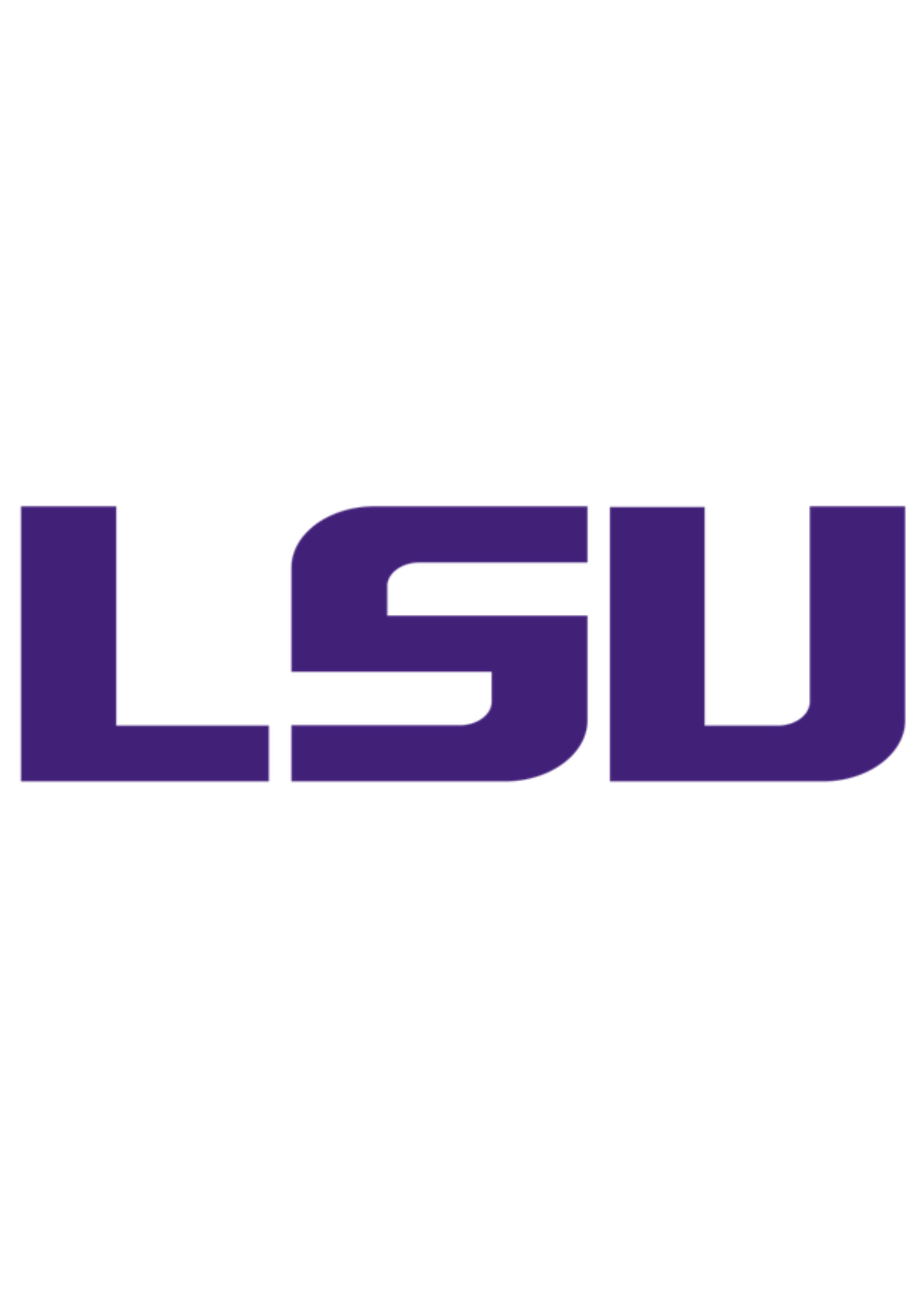
Louisiana State University
Intelligent Score: 87.66In-state: $8,038
Out-of-state: $8,038
In-state: $9,132
Out-of-state: $9,132
SAT: 1090-1300
ACT: 23-28
$599
Online, On-Campus
Council on Social Work Education
60
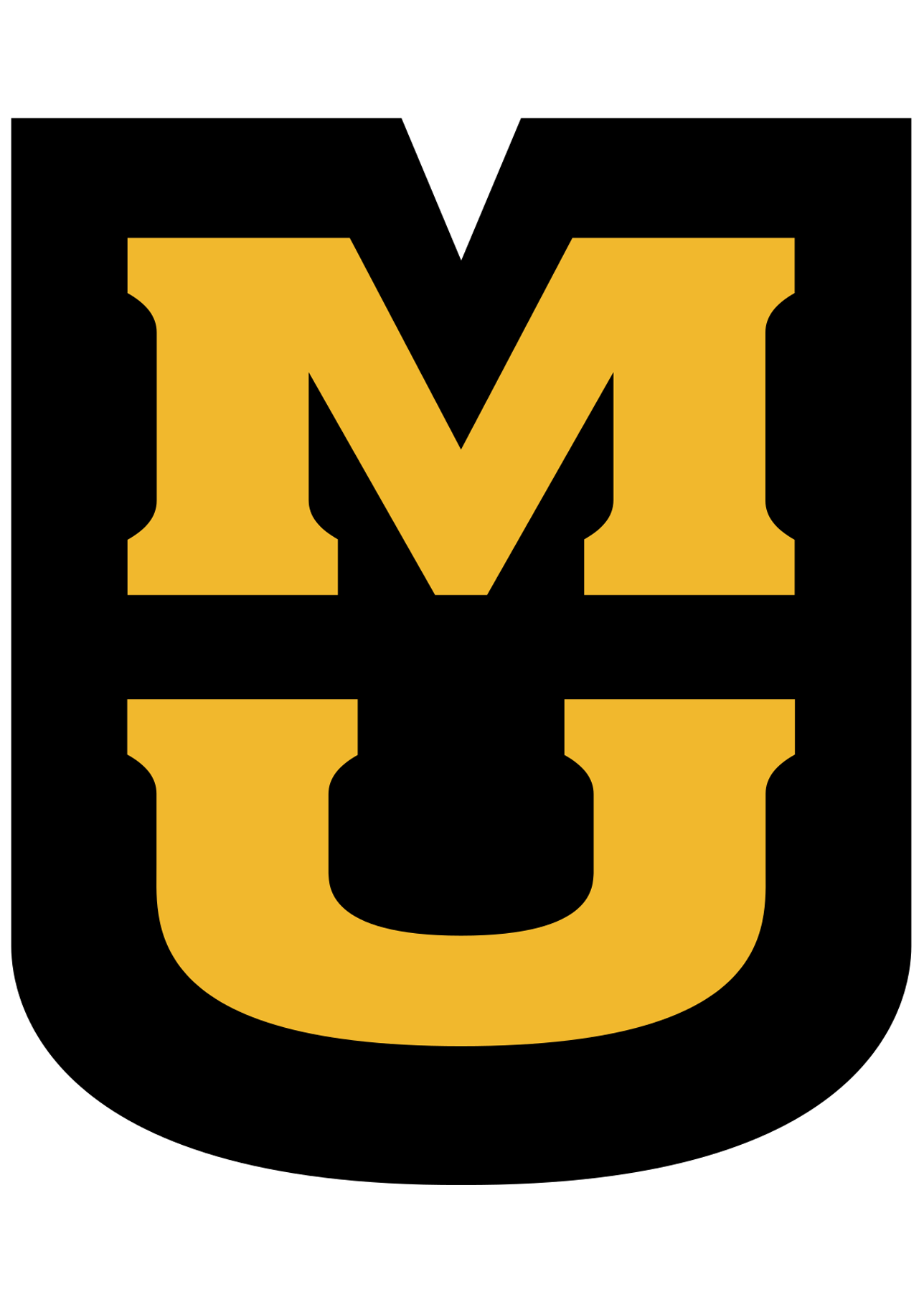
University of Missouri
Intelligent Score: 87.61In-state: $9,330
Out-of-state: $27,612
In-state: $9,478
Out-of-state: $9,478
SAT: 1110-1320
ACT: 23-29
$575
Online, On-Campus
Council on Social Work Education
39-60

Colorado State University
Intelligent Score: 86.29In-state: $9,426
Out-of-state: $28,147
In-state: $10,520
Out-of-state: $10,520
SAT: 1070-1280
ACT: 23-29
$725
Hybrid, On-Campus
Council on Social Work Education
39-64

The University of Tennessee, Knoxville
Intelligent Score: 84.85In-state: $11,332
Out-of-state: $28,522
In-state: $11,468
Out-of-state: $11,468
SAT: 1140-1303
ACT: 25-31
In-State: $700
Out-of-State: $775
Online, On-Campus, Hybrid
Council on Social Work Education
36-60

University of Arkansas
Intelligent Score: 84.46In-state: $7,568
Out-of-state: $24,056
In-state: $7,752
Out-of-state: $7,752
SAT: 1090-1280
ACT: 23-29
$437
Online, On-Campus
Council on Social Work Education
39
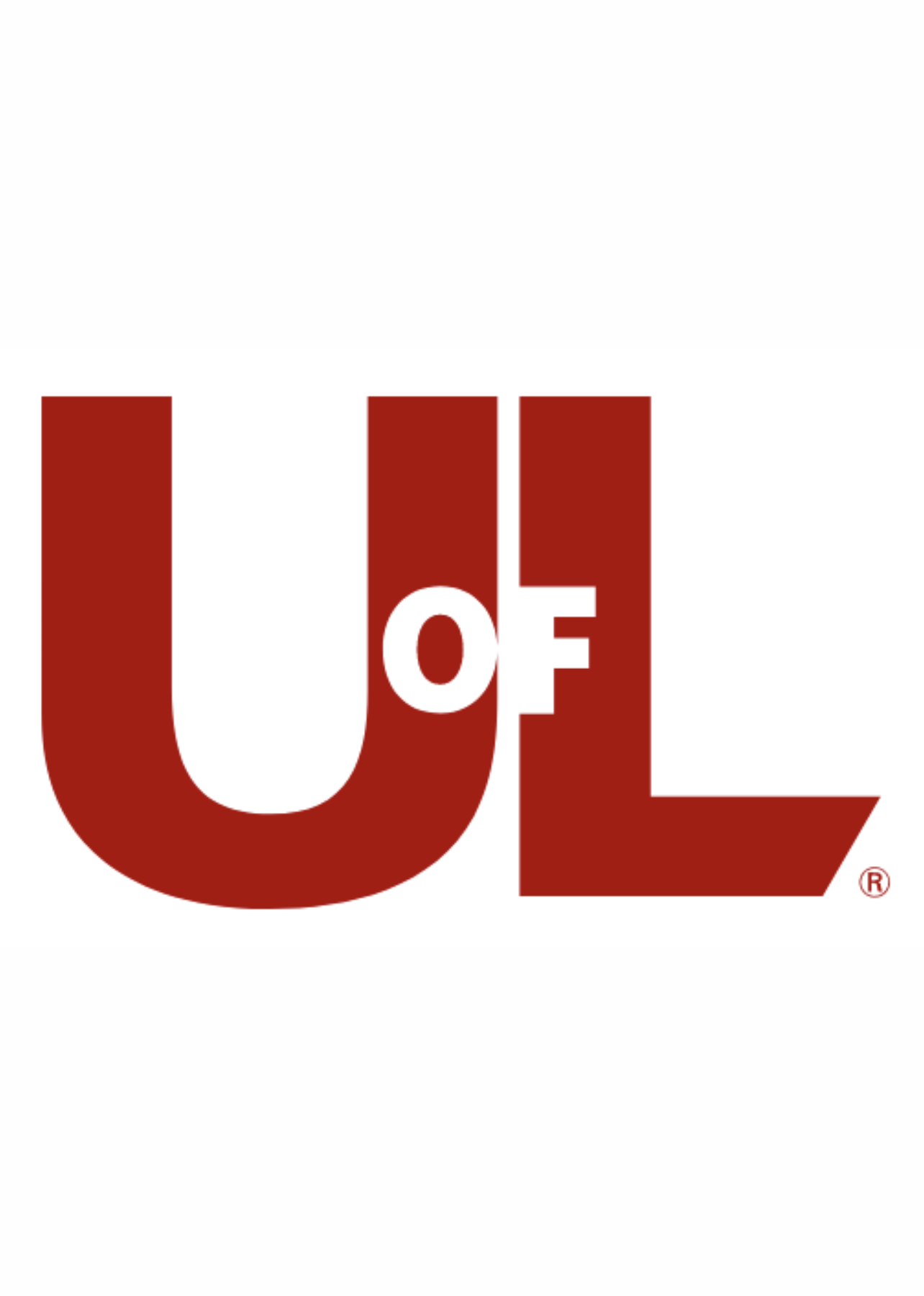
University of Louisville
Intelligent Score: 82.51In-state: $11,966
Out-of-state: $28,312
In-state: $13,260
Out-of-state: $13,260
SAT: 1050-1270
ACT: 21-28
$791
Online, On-Campus
Council on Social Work Education
30-60

University of Alabama
Intelligent Score: 81.77In-state: $10,780
Out-of-state: $30,250
In-state: $10,780
Out-of-state: $10,780
SAT: 1070-1330
ACT: 23-31
$440
Online, On-Campus
Council on Social Work Education
42-60
Other Ways to Earn Your Social Work Degree Faster
If an accelerated BSW program isn’t the right fit, there may be other ways to earn your degree in less time.
Transfer credits and degree completion programs
Many schools offer degree completion programs, which allow students with prior college credits to finish their degree in as little time as possible. These programs have generous transfer credit policies that may allow students to transfer as many as 90 credits out of the 120 needed for a BSW.
This option is ideal for students with an associate degree in social work or who started a BSW but didn’t finish. Students can apply the social work coursework they already completed to their new degree program, decreasing the number of credits they must complete to get their BSW. Depending on the number of credits they can transfer, students in an online social work degree completion program can earn their degree in as little as one to two years.
Students interested in degree completion programs should consult an admissions counselor or transfer student advisor to review their completed credits and confirm what will transfer to their new program before enrolling.
Dual credit programs
For high school students who know they want to pursue a BSW, an option worth exploring is dual credit programs. These arrangements between high schools and colleges allow students to begin taking college courses while still enrolled in high school — the credits they earn count towards both their high school graduation and their undergraduate degree. Students who complete college courses as part of a dual credit program have a head-start when they enroll in their BSW program.
If you’re a high school student interested in a dual credit program, consult with your guidance counselor to find out what options are available to you, both in-person and online.
Prior learning assessment examinations
Another way students can decrease the time it takes to earn a BSW is by utilizing prior learning assessments, or PLAs. These assessments allow students to demonstrate that they’re familiar with the material covered in a course and earn credit for their prior knowledge. While PLAs may not apply to specific social work coursework, they’re a possible way for students to bypass general education requirements in areas like English, math, and history.
There are several ways to earn college credit through PLAs, including:
- Advanced Placement (AP) Courses: Administered by the College Board, the AP program allows high school students to complete college-level coursework as a high school student. At the end of the course, students take an exam. Those who demonstrate proficiency in the subject earn college credit that can be applied to similar coursework required by their bachelor’s program. AP courses that may benefit aspiring social workers include Psychology, Comparative Government and Politics, Macroeconomics, and Modern World History.
- International Baccalaureate (IB) Exams: Like AP exams, these tests culminate in high-school-level courses that feature college-level materials. IB classes generally have two types: standard level and higher level, and colleges are more likely to accept higher-level credits than the standard level. Like AP courses, IB education is rigorous and requires students to master oral and written assignments showing their knowledge of the subject.
- College Level Examination Program (CLEP): Also administered by the College Board, CLEP offers 34 exams that cover introductory level college course material. CLEP exams are held in various subjects, including literature, science, languages, and more. Unlike the AP and IB programs, no specific courses are associated with CLEP exams, and students at all stages of their education journey can take them. Many schools accept CLEP credits, but you should check with your chosen school to see if CLEP test scores are acceptable.
- DANTES Subject Standardized Tests (DSST): Originally created for military members, the DSST program is another PLA open to adult learners. DSST scores are accepted at more than 1,900 institutions in the U.S. DSST exams include social work-related topics such as substance abuse, the fundamentals of counseling, and health and human development, as well as general education subjects in math, physical sciences, and the humanities.
Work experience
Some schools will assess your previous work experience and may award credits toward your degree for professional time spent in the social work field. If you have social work experience or have earned any type of certificate in the field, let the admissions counselors know when you apply.
You may be required to take a PLA or CLEP exam to ensure that your work experience has given you an adequate grounding in social work theory and practice. If you pass, you can be awarded credit for foundational courses, shortening your educational time and saving money as well.
Military experience
If you served your country as a military member, you may also be able to earn credits that will reduce the time it takes to receive your degree. Every school has its own regulations regarding military prior learning assessment. In general, you may be able to earn college credits based on competencies or military training that you have attained during your service.
If you served in the Army, Coast Guard, Marine Corps, or Navy, you can obtain a copy of your Joint Services Transcript (JST), similar to a college transcript, which can be presented to your proposed school. Air Force veterans who attended the Community College of the Air Force may also receive transcripts.
Another program is the Defense Activity for Non-traditional Education Support (DANTES), which provides no-cost education and career-planning programs for military service members. Many institutions of higher education accept DANTES exams.
Different schools have their own requirements, so it’s important to check with your institution to determine if an honorable discharge is necessary and how long you need to have served. These factors can vary depending on the school.
How to Choose the Fastest Online Social Work Program That’s Right for You
While earning an online BSW as quickly as possible may be a priority, there are other essential things to consider when selecting a program that’s a good fit.
Accreditation status
“Students should make sure that any programs they’re considering are accredited by the Council of Social Work Education,” Reyna says. The CSWE accredits undergraduate and graduate social work programs to ensure they meet industry standards for preparing competent, ethically-informed social work professionals. “Students who enroll in an unaccredited program risk the possibility of not having any of their credits count towards professional social work licensure or transfer into a graduate program.”
Students should also confirm that the school they’re enrolling in has regional accreditation from a recognized accrediting body to ensure they’re eligible for financial aid and future educational opportunities.
State license requirements
Social work is a highly regulated field that involves working closely with many vulnerable populations. While social workers must have a Master of Social Work (MSW) to provide direct care to clients as a clinical social worker, bachelor-level social workers may be able to obtain a licensed baccalaureate social worker (LBSW) license to open up more job opportunities. Individual states issue LBSW licenses and may have different educational criteria that students must meet, including specific coursework and a minimum number of clinical fieldwork hours. If you’re interested in getting your LBSW, familiarize yourself with your state’s requirements, so you can choose a program that meets them.
Specialization options
There are several social work specializations available to students at the undergraduate level, although not all programs offer all specializations. Before choosing a program, learn more about the different concentration options and reflect on which ones align with your interests and goals.
Popular specializations within social work include aging and gerontology, substance misuse and recovery, child welfare, social justice and advocacy, and healthcare.
Cost and financial aid availability
Determine how much you (and your family, if applicable) can afford to pay out of pocket for your online social work degree program, so you have a realistic idea of how much financial aid you’ll need and what schools are financially viable. You can find information about program tuition and other fees on most schools’ websites, but speaking to a financial aid counselor for specific details is also a good idea.
For need-based aid, including federal student loans, grants, scholarships, and work-study funding, you’ll need to complete the Free Application for Federal Student Aid (FAFSA). Schools use the information from your FAFSA to determine your eligibility for this type of financial aid. We strongly encourage students to research student loans and repayment options before committing to borrowing money to fund their social work degree.
You’ll also want to explore other ways of paying for school, including scholarships from external sources and employer tuition assistance benefits.
What You Can Do with an Online Social Work Degree
Social work is a multifaceted field with practitioners who work at various levels to provide services to individuals and groups and advocate for policies that impact society as a whole. An online degree in social work can prepare students for a variety of roles within this field.
“A social work degree gives employers the understanding that you know how to navigate services and people,” Reyna says. “Many jobs want to ensure that employees can be resourceful and help not only navigate the complex service systems in the U.S., but create bridges between the service provider and the communities they are trying to serve. A social work degree provides a foundation in project management, community outreach, service navigation, program evaluation, and nonprofit management.”
Many students who earn their BSW go on to earn a Master of Social Work (MSW), which prepares them for clinical positions providing direct care to clients. However, there are a number of jobs available to individuals with a BSW, including:
- Social workers — Help individuals, groups, and families prevent and cope with problems in their everyday lives.
- Median annual salary: $55,350
- Projected employment growth (through 2032): 7%
- New jobs projected: 63,800 per year
- Social and community services managers — In this administrative position, social workers coordinate and supervise programs and organizations that support public well-being and may manage employees who provide these services.
- Median annual salary: $$74,240
- Projected employment growth (through 2032): 9%
- New jobs projected: 16,000 per year
- Correctional treatment specialists — These types of social workers focus on working within the criminal justice system to assist in rehabilitating law offenders in custody or on probation or parole.
- Median annual salary: $59,860
- Projected employment growth (through 2032): 3%
- New jobs projected: 7,400 per year
Other Social Work Degree Resources
- Can You Study Social Work Online?
- What Can You Do With A Social Work Degree?
- What Jobs Can You Get With A Social Work Degree?
- How To Get A Degree In Social Work
- LMSW vs. LCSW: What’s the Difference?
- MSW vs. MSSW vs. MSSA: Which One is Right For Me?
- Micro, Mezzo, and Macro Social Work: What’s the Difference?
- MSW vs. LCSW: What’s the Difference?
